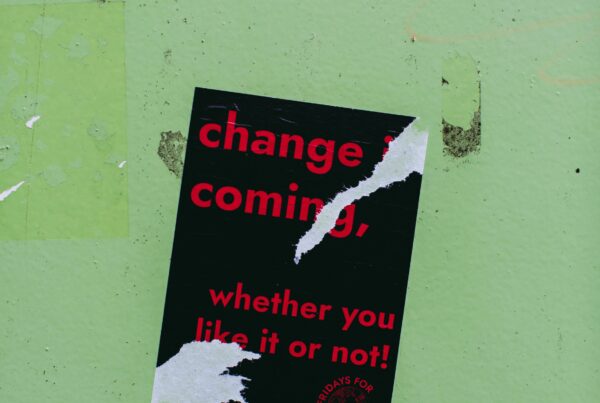So with this week’s theme being communication AND our political pundits all over the snippets of communication between our highest leaders, it is worth a comment or two on how we can make our communication effective even in difficult situations.
First, remember it is ok to disagree.
Just because someone does not agree with you does not make them wrong and you right … or … them right and you wrong. Many people get stuck here because of personal values and past experiences. We have strong feelings about our values, however the space between right and wrong is very wide. Nearly every point can be argued from different angles. If one can stay with the argument long enough, without feeling judged to really hear the other side, they often find themselves with more understanding. This understanding allows us to connect with others and our own communities. Acceptance is key here. This means you accept what is really going on in the moment. It doesn’t mean you have to like it, want it, or approve of it. Just face it with honesty and openness, that this is really what is going on right now, right here.
Second, The idea is not to convince the other person that you are right.
It is to be effective. Many struggle with this one, too. The idea that no one is right or wrong is discombobulating to some. It means that each of our opinions have value, even if we do not agree. See #1 above. The truth is, yes, both views have value and are somewhat right in their own respective.
Now some may say “WHAAAAAT, some view points are just wrong, evil, and unjust”, but the truth of the matter is every view point comes from some past experience. It may not be lived experience, rather cultural learned and passed down values and viewpoints, but it comes from somewhere. At one point that viewpoint served a purpose to survive an environment. We might say that some of those environments are not the kind of world we want to live in, be a part of, or feel move humanity forward, but they are there due to some reason. And remember you do not have to agree with it, like it, want it, or approve of it, all you have to do is accept that this is what is right now.
When you hold that openness, it gets easier to work on discourse without the need to be right. A solid model for working with difficult issues is to scale each participant on a scale from 1 to 5, with 1 and 5 being extreme opposites of a viewpoint. The goal in conversation is not to bring the other participant to your number, it is just to shift them 1 up or down.
To do that you must be willing to listen. I mean really listen. You must be willing to hear them out and attempt to empathize. Again, this does not mean you agree, just that you can see where they are coming from and why? Without forming your rebuttal (to win).
The reason this is so hard is … in order to really listen and empathize you have to make yourself vulnerable to their ideas. As a result you might find your view also changes some. Most of us do not like this idea, so we dig our heels in and tighten our own view in order to mitigate the potential that we will be vulnerable to someone else’s differing ideas.
The very nature of being vulnerable is to have the courage to open up and allow myself to be influenced by you – from research done by Brené Brown.
From Brené Brown’s research on Shame & Vulnerability
Third, remember it is about conversation not conflict.
I love this quote I got from my friend Elizabeth while we were leading a therapy group on interpersonal communication. Keeping the focus on conversation helps you stay present to conflict when it arises and the uncomfortable (or exciting) feelings it can bring.
As you recognize your physical sensation changes you can decide to take a break from the topic for a bit, move physically, or distract yourself in some way for a bit. This allows you both to stay present to the conversation however not tip over into argument and other difficulties, like ghosting because you do not want to deal with a difficult topic. By focusing on conversation as the goal, tone of voice, body language, and eye contact can all be manipulated to keep escalations at bay and breaks can be had as needed to stay focused on your goals.
Increase Your Skills By …
In the end, the more exposed you can be to differing view points, different cultures, and different experiences the easier the above steps are. Our personal communities have shrunk because we can more effortlessly control who we are exposed to and it has become harder to feel more empathy for differing people. As a result of our self selection (and the brilliance of advertisers marketing to us based on our preferences) we can live in a bubble where everyone we know and most of what we see are people who look like, think like, appreciate, and honor the same things we do making it harder to give value to another point of view.
Today see if you can work on allowing yourself to open up to something different than your normal view point. See if you can listen just a minute longer to the pundit, channel, radio show host, the guy across the table, or person on the street speaking different ideas, concepts, and values from what you believe to be true and worthy in the world.



 Twitter
Twitter Facebook
Facebook Linkedin
Linkedin






